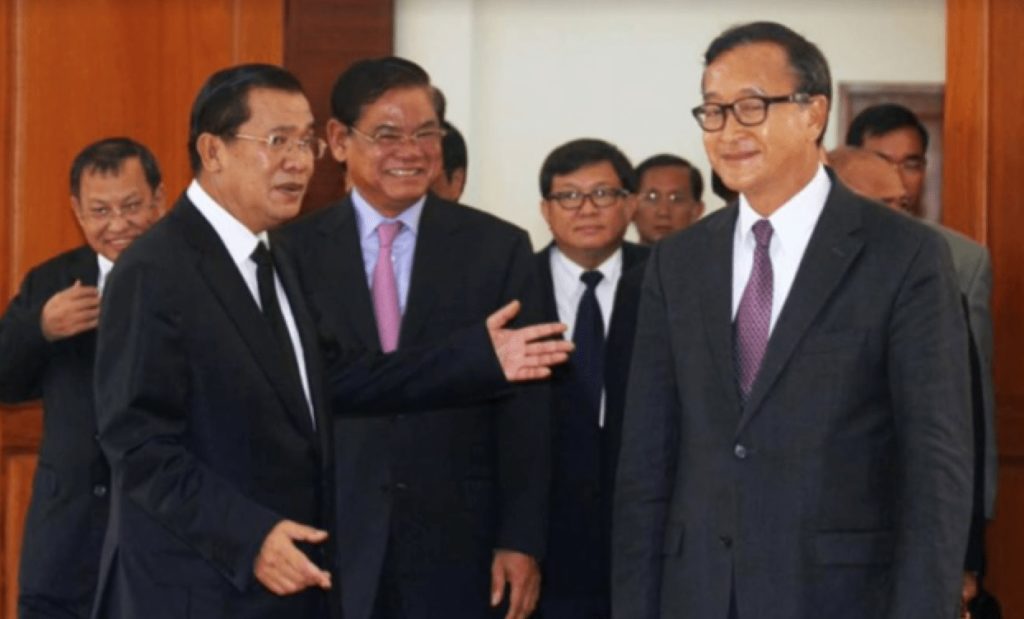I would like to convey to the European Union the following message: There are responsible and foresighted Cambodian leaders from all political affiliations who understand that the partial suspension of the EU’s trade privilege scheme known as “Everything But Arms” (EBA) is a blessing in disguise in that it represents a powerful call for reform.
Cambodia has enjoyed EBA status since 2001. The EU announcement on 12 February raises the question of why Cambodia has for so long needed trade privileges.
Cambodia was told from the start that EBA needed to be used to diversify and improve the quality of its exports. Yet products made in Cambodia remain, overall, uncompetitive with similar goods manufactured in other less developed countries.
Many of Cambodia’s competitors don’t enjoy any trade privileges from the EU. Yet their products remain competitive in EU markets after paying the standard import duties.
This is related to the issue of domestic productivity. The persistently low productivity of Cambodian industry is the structural cause of its inability to face international competition without continuous trade preferences.
Weak productivity in turn reflects poor governance in the form of dilapidated public and social services, notably in health, education and professional training.
It is also the result of systemic corruption and government negligence lamented by investors, who face poor road and port infrastructure, administrative costs that include bribes to be paid at every level, exorbitant prices for state-supplied electricity, and so on.
These issues affecting industrial productivity can only be addressed through deep structural reforms with the ultimate aim of ensuring good governance, based on the rule of law, transparency and accountability.
These ingredients of good governance are hard to find under Prime Minister Hun Sen’s regime, widely recognised as one of the world’s most corrupt and autocratic.
Therefore, the EU decision affecting Cambodia’s external trade represents a powerful incentive for Cambodia’s responsible leaders to demonstrate the political will to implement the required reforms to quickly put Cambodia’s economy on a sound basis.
Despite enjoying EBA privileges for nearly 20 years, Cambodia is not expected to progress beyond Least Developed Country (LDC) status until 2025 at the earliest.
Allowing Cambodia’s industry to rely on EU trading advantages to resist competition would be to subsidize and reward the corruption and poor governance of Cambodia’s current regime. In the long run, this would be the worst service to render to the Cambodian people.
Hun Sen is holding his people hostage as part of a campaign to emotionally blackmail the international community. The EU must hold firm on its rules, principles and values. Only a firm EU stance can effectively help Cambodia to restore democracy and ensure good governance, so creating a better future for its people.
Sam Rainsy
Former Minister of Finance of Cambodia
Founder and interim leader of the opposition Cambodia National Rescue Party


